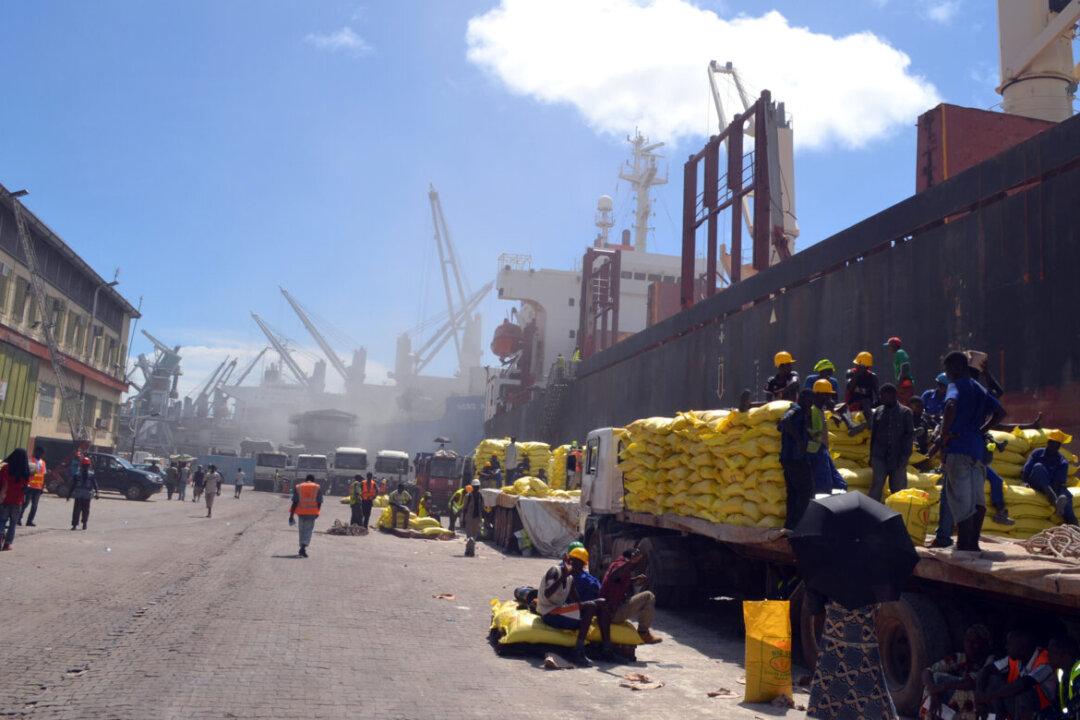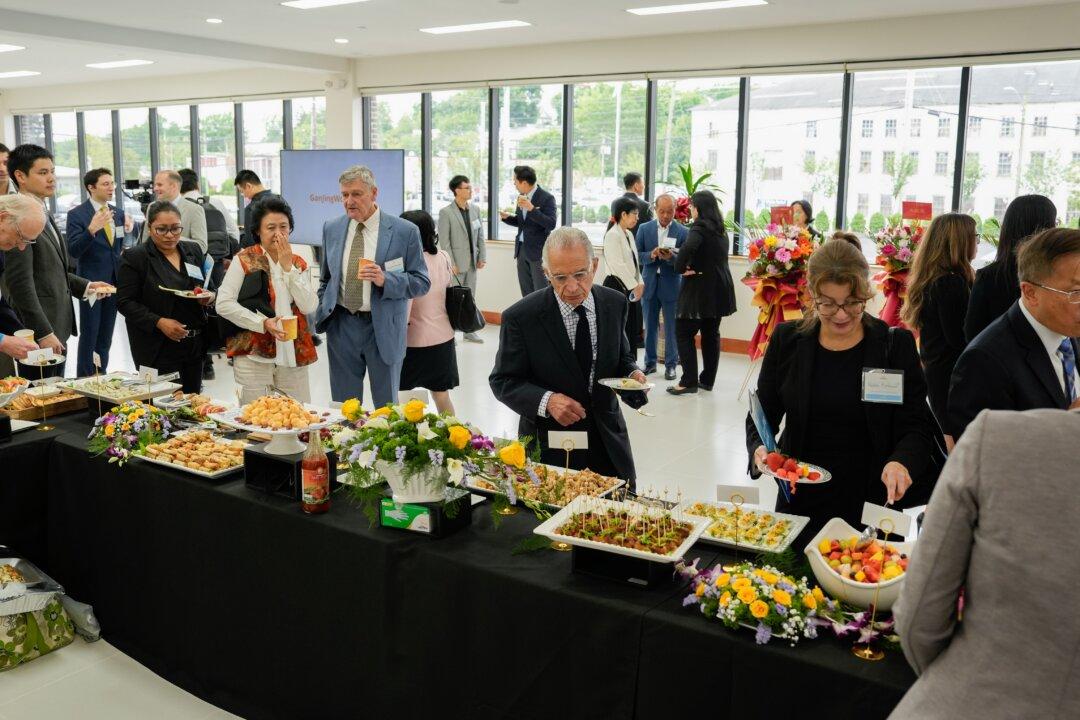News Analysis
A recent military coup in West Africa has put the Republic of Guinea in the world’s spotlight. While this small country ranks among the world’s poorest, its abundant mineral wealth, including bauxite and iron ore, make it strategically important to the Chinese Communist Party (CCP).





